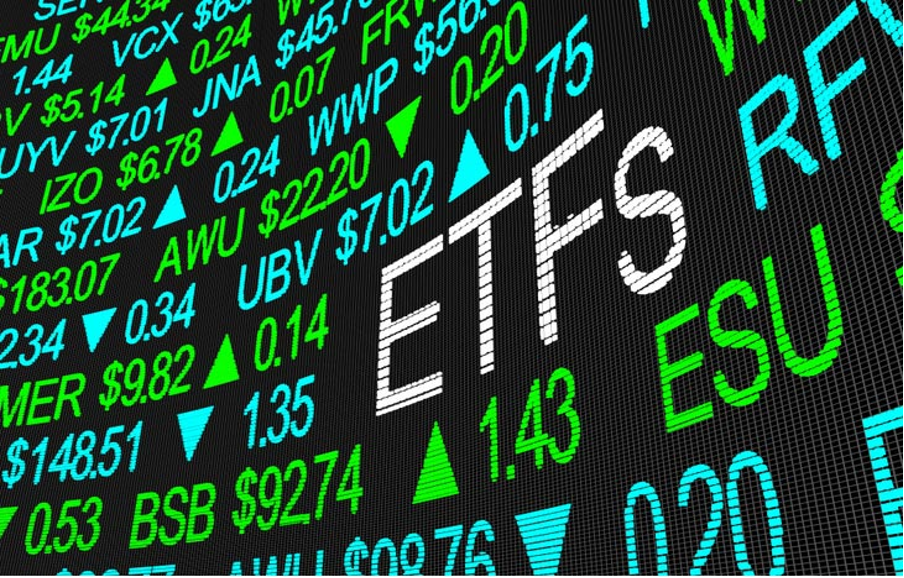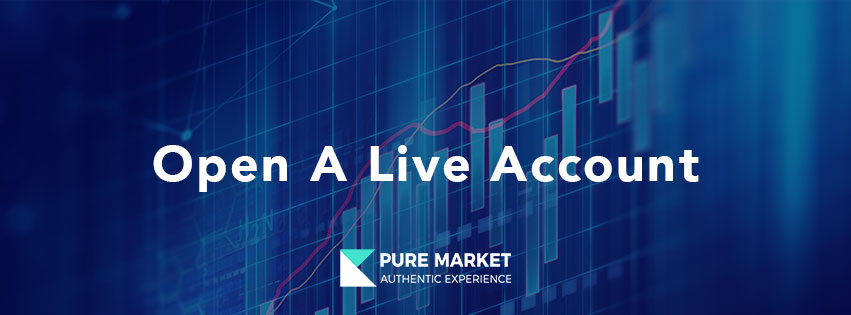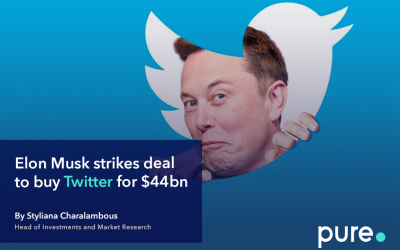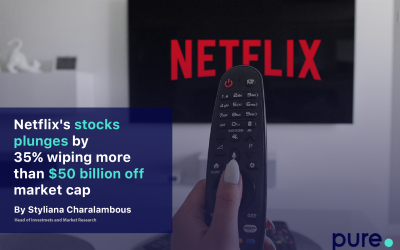ETFs and Index Funds have a lot of similarities. For example, both are passive investment vehicles that pool investors’ money into a basket of securities to track a market index. While actively managed mutual funds are intended to beat a certain benchmark index, ETFs and index mutual funds are usually intended to track and match the performance of a particular market index.
In general, ETFs can be traded more easily than index funds and traditional mutual funds, similar to how common stocks are traded on a stock exchange. In addition, investors can also buy ETFs in smaller sizes and with fewer hurdles than mutual funds. By purchasing ETFs, investors can avoid the special accounts and documentation required for mutual.

Index mutual funds
In simple terms, Index funds are funds that represent a theoretical segment of the market. This can be large companies, small companies, or companies separated by industry, among many options. It is a passive form of investing that sets rules by which stocks are included, then tracks the stocks without trying to beat them. An index fund is a portfolio of stocks or bonds designed to mimic the composition and performance of a financial market index.
Moreover, Index funds seek to match the risk and return of the market, on the theory that in the long-term, the market will outperform any single investment.
Exchange-traded funds
On the other hand, ETFs are baskets of assets which are traded like securities. ETFs can be bought and sold on an open exchange, just like regular stocks, as opposed to mutual funds, which are only priced at the end of the day.

1. Fees and expenses
As mentioned above, ETFs trade on an exchange just like stocks, and you buy or sell them through a broker. Index funds are bought directly with the fund manager. Because ETFs are bought and sold on an exchange, you will pay a commission to your broker each time you make a trade. (That said, some brokers offer commission-free trading.)
Dividend distributions compound the issue of the differences between how ETFs and index funds are bought and sold. Dividends paid by index mutual funds can be automatically reinvested (fee-free!) into more shares of the fund.
However, when an ETF pays a dividend, you’ll need to use the proceeds to buy more shares, incurring additional commissions and wasted time logging into your account to make a quick trade. Some brokers may offer an automatic dividend reinvestment plan on a limited set of ETFs.
2. Minimum investment
When it comes to the size of your investment, you can invest in an exchange-traded fund by buying as little as one share. This favors the investors who would like to start investing with very little capital.
Several fund managers have lowered their minimum investments for their most popular index funds, so these days you can get started with a relatively small amount of money. The following table shows the minimum investments for S&P 500 index mutual funds from three leading asset managers.
However, online brokers that don’t have minimum initial investments do exist. If you have only a small amount to invest, consider two options: an ETF with a share price you can afford or an index fund that has no minimum investment amount. Also be sure that your brokerage doesn’t impose an account minimum you can’t meet, though many brokers today have lowered their minimums to zero.
3. Liquidity
The ease in which an investment can be bought or sold for cash is the definition of an asset’s liquidity. Liquidity is an important differentiator between ETFs and Index Funds. As previously mentioned, ETFs are bought and sold like stocks, meaning you can buy or sell them anytime the stock market is open.
On the other hand, index fund transactions (like those of all mutual funds) are cleared in bulk after the market closes. Thus, if you put in an order to sell shares of an index fund at noon, the transaction will actually take place hours later at a price equal to the value of the fund at market close. Typically the cutoff time is 4 p.m. Eastern. Orders entered after the cutoff are pushed into the next day and completed at the fund’s net asset value a day later.
If you consider yourself a trader, this matters. If you consider yourself a long-term investor, it really doesn’t matter much at all.
Final thoughts
The index funds vs. ETF debate doesn’t have to be an either/or question. It can be smart to consider both.
An ETF is best if you’re an active trader or simply like to use more advanced strategies in your purchases. Since ETFs are bought and sold on exchanges like stocks, you can buy them using limit orders, stop-loss orders, or even margin. You can’t use those kinds of strategies with mutual funds.
Choosing between index funds and ETFs is a matter of selecting the appropriate tool for the job. A regular old hammer might effectively serve your project’s needs, whereas a staple gun might be the better choice. The two tools are similar, but they have subtle yet significant differences in application and usage.
An investor can wisely use both. You might choose to use an index mutual fund as a core holding and add ETFs that invest in sectors as satellite holdings to add diversity. Using investment tools for the appropriate purpose can create a synergistic effect where the whole portfolio is greater than the sum of its parts.
Consequently, you should always compare fees to make sure you’re not paying too much of a premium for your choice. If you’re on the fence between an ETF and an index fund, the expense ratio could be a good tiebreaker.
Elon Musk strikes deal to buy Twitter for $44bn
Netflix’s stocks plunges by 35% wiping more than $50 billion off market cap
Netflix’s stocks plunges by 35% wiping more than $50 billion off market cap
Microsoft Buys Activision for $69 Billion with Eyes on Metaverse Development
Microsoft Buys Activision for $69 Billion with Eyes on Metaverse Development





